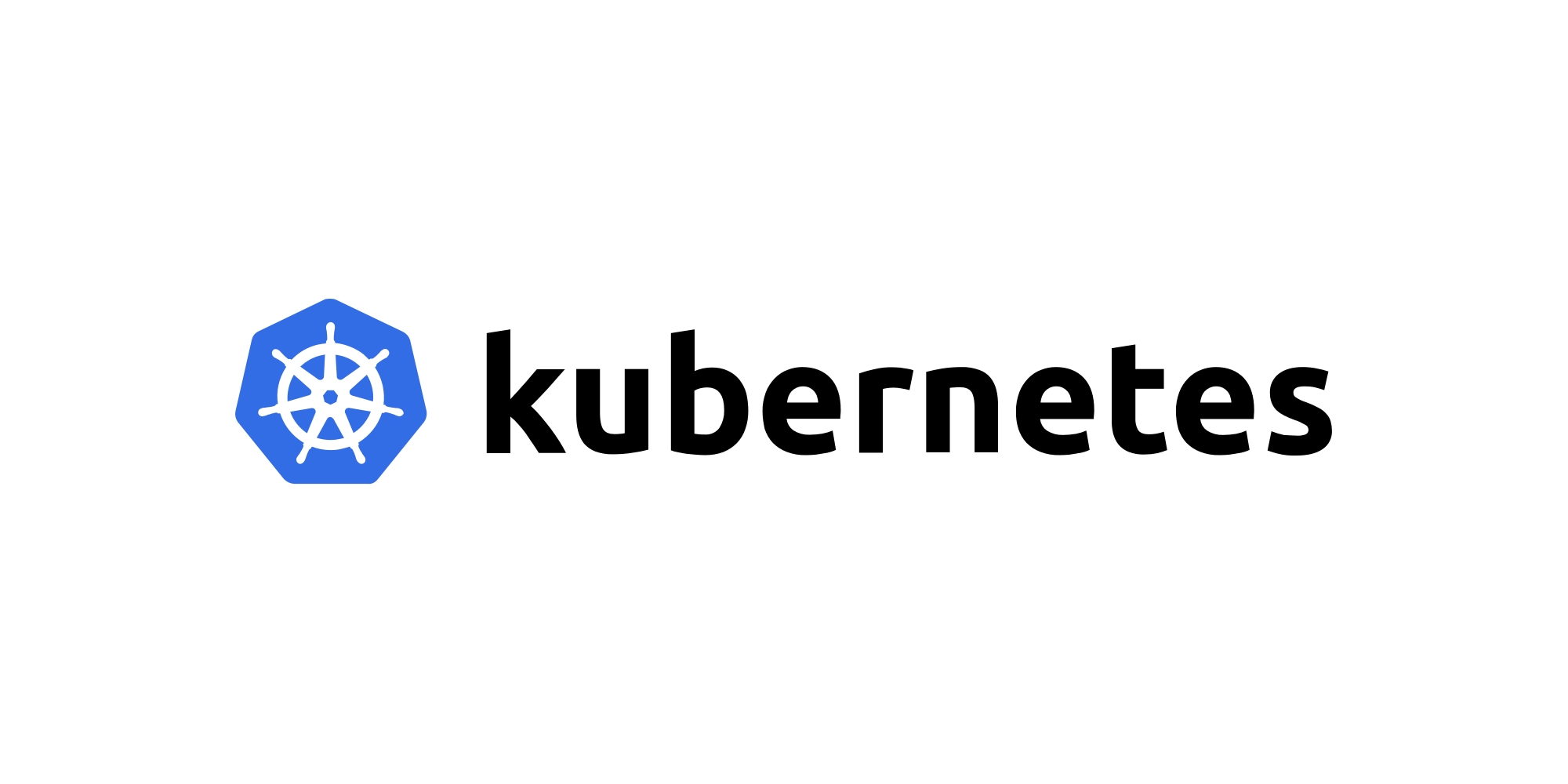Kubernetes Setup
On this page you can find tutorial how to deploy DecisionRules into kubernetes
How to Deploy DecisionRules on Kubernetes
1. Create a namespace for DecisionRules
Template
apiVersion: v1
kind: Namespace
metadata:
name: decisionrules
labels:
name: decisionrulesActivate
kubectl apply -f namespace.yaml2. Install Ingress to kubernetes
kubectl apply -f https://raw.githubusercontent.com/kubernetes/ingress-nginx/controller-v1.2.0/deploy/static/provider/cloud/deploy.yaml3. Install Cert-Manager
kubectl apply -f https://github.com/cert-manager/cert-manager/releases/download/v1.8.0/cert-manager.yaml4. Configure Cert-Manager
Template
Activate
5. Create services and configure ingress
In this template, you must specify your custom hostname. Be sure to change the same hostname in the TLS hosts section.
Template
Activate
6. Getting Ingress IP address for setting domain
Command
Example of Response
In the response, you can find column ADDRESS where you can find the IP Address of Ingress. This IP Address you can use to specify your custom domain as A record of DNS.
7. Create deployment service
In this template, you must fill Environmental variables and change the URL to the Ingress hostname which you specify in the previous step. The place is markup with comments.
Template
Activate
Last updated
